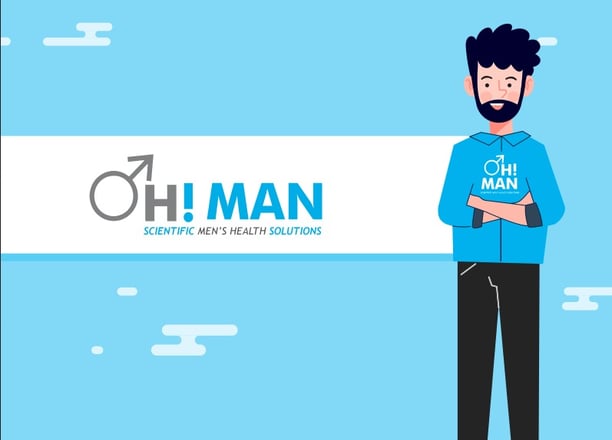Unlock exclusive discounts!
Why OhMan?
Experience scientifically-backed formulas and personalized consultations delivered discreetly across India.


Doctor Consultations Available
Get personalized advice from qualified doctors without awkward visits or delays.
Discreet delivery, India-wide
Enjoy hassle-free delivery of your health products right to your doorstep.
Scientifically-Backed Formulas
Our products are developed using the latest scientific research for effective health solutions.
Popular Packs
Scientifically Formulated | Doctor Approved | Discreetly Delivered. Each pack is curated for specific concerns. Select yours below:
Performance Pack


For men with soft erections or trouble maintaining them.
Tadalafil + Herb Mix + Vitamins
1-month course | 🩺 Doctor consultation included




Last Long Pack
For men struggling with early ejaculation or low stamina.
Sertraline + Delay Capsule + Vitamins
1-month course | 🩺 Doctor consultation included
Herbal-only options for better performance and stamina.
Herb Mix + Delay Capsule (No chemicals)
1-month course | 🚫 No prescription required
All-Natural Packs







Empowering Men's Sexual Health Journey
At Ohman, we provide effective medicines and natural herbs like ashwagandha to enhance men's sexual health, addressing issues like erectile dysfunction, low testosterone, and low sex drive for a fulfilling life.


Our Mission
Why Choose Us
We believe in empowering men with knowledge and natural solutions for sexual health challenges, ensuring they can enjoy life to the fullest with confidence and vitality.
OhMan's Video Section

Get in touch
Have questions before you order?
Health
Empowering men with natural solutions for wellness.
Support
Wellness
+91 9116170999
© 2025. All rights reserved.


